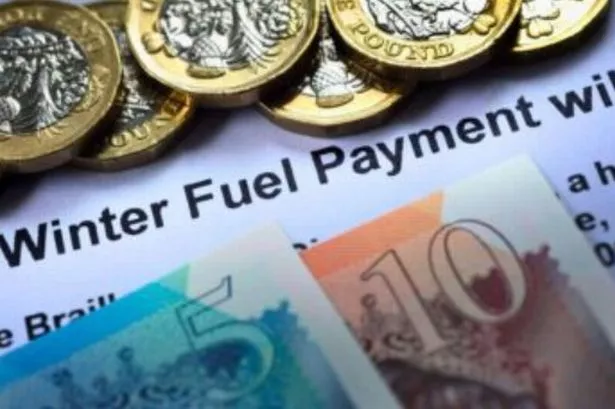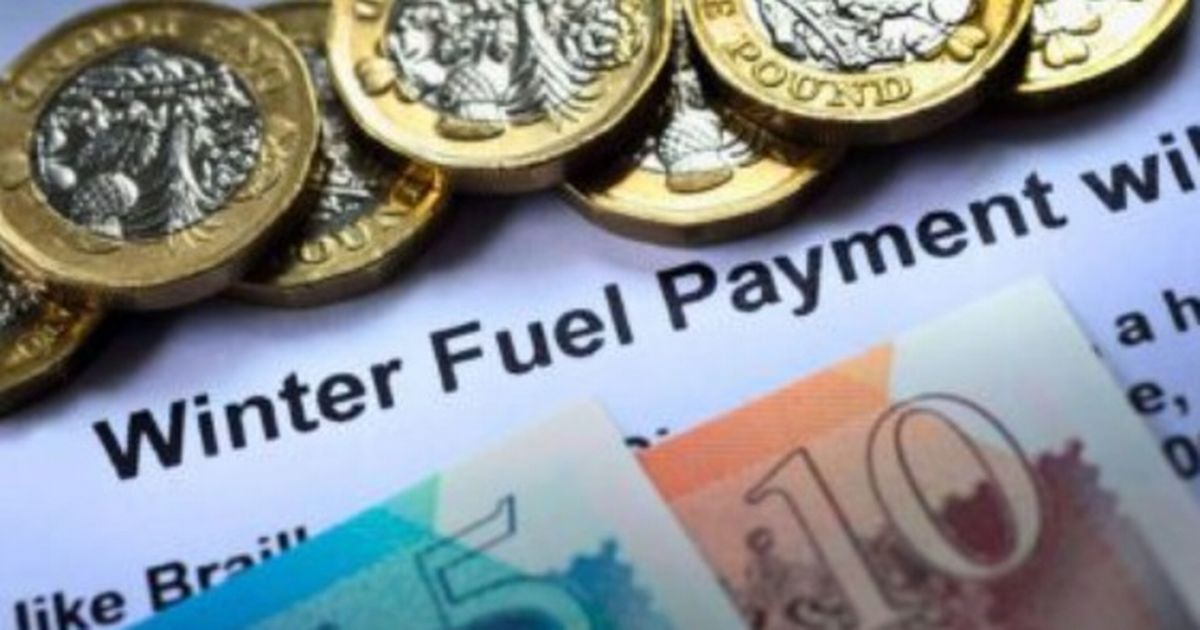Anyone earning over £35,000 a year will have the money clawed back through the tax system Anyone earning over £35,000 a year will have the money clawed back through the tax system
Anyone earning over £35,000 a year will have the money clawed back through the tax system
Two million state pensioners face losing £300 to HMRC after the Winter Fuel Allowance was reinstated. The way the Winter Fuel Payment works mean hundreds of thousands of people will be told to hand it back to the Labour Party government.
The DWP will send letters to eligible households in October and November, with the majority of payments sent into accounts in November and December.
Anyone earning over £35,000 a year will have the money clawed back through the tax system. The new rules mean 7.4 million more pensioners will receive the payment this year, while two million will still miss out.
READ MORE £65,000 warning for thousands of women with babies under age five
If you are eligible, you should receive a letter in October or November telling you how much Winter Fuel Payment you are set to receive.
The amount you receive is based on your birth date and circumstances between September 15 and 21, 2025. This is called the qualifying week. Any money you receive will not affect your other benefits.
However, if your income is over £35,000, HMRC will take your Winter Fuel Payment back by either changing your tax code for the 2026 to 2027 tax year or adding the amount to your 2025 to 2026 Self Assessment tax return.
If you have not had the payment before, or have deferred your State Pension since your last Winter Fuel Payment, you may need to make a claim by post or phone.
Payments can be delayed or even stopped if your details are wrong. Check your bank account, address and National Insurance details with the DWP now to avoid problems later.
Remember that the Winter Fuel Payment isn’t the only support available. Cold Weather Payments are triggered automatically when temperatures go below freezing for seven days in a row, while the Warm Home Discount offers a £150 rebate on electricity bills. To be eligible for either of those, you must be in receipt of means-tested benefits such as Pension Credit, so it’s worth checking if you qualify.
Be sure to watch out for any texts or other messages inviting you to urgently apply for the payment, as there are numerous scams circulating. They are designed to take money from your bank account by inviting you to fill in personal and financial details on a fake webpage.

